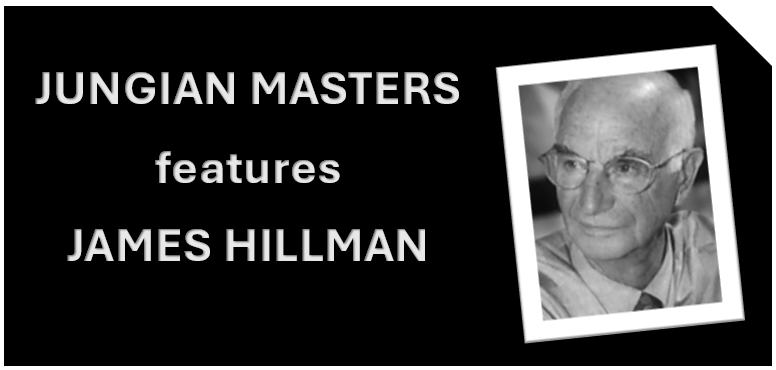
James Hillman (b. 1926 – d. 2011) was a pioneering psychologist whose imaginative psychology has entered cultural history, affecting lives and minds in a wide range of fields. He received his Ph.D. from the University of Zurich in 1959, where he studied with Carl Jung and held the first directorship at the C. G. Jung Institute for 10 years. In 1970, he became the editor of Spring Journal, a publication dedicated to psychology, philosophy, mythology, arts, humanities, and cultural issues and to the advancement of Arche- typal Psychology. He later co-founded The Dallas Institute of Humanities and Culture in Dallas, Texas. The influences shaping the core of Hillman’s work were not limited to depth psychology. His ideas had firm grounding in the classical Greek tradition and were also deeply influenced by Renaissance thought and Romanticism, encompassing the contributions of psychologists, philosophers, poets, and alchemists. Hillman described his own line of thought as part of a long lineage that ran from Heraclitus and Plato through to Freud and Carl Jung. Throughout his books and articles, Hillman criticized the literal, materialistic, and reductive perspectives that often dominate the psychological and cultural arenas. He insisted on giving psyche its rightful place in psychology and culture, fundamentally through imagination, metaphor, art, and myth.
Lecture Series
James Hillman – Seeing Through the Eyes of Imagination
by Thomas Moore
A Glimpse at the Alchemical Psychology of James Hillman: analyst, mentor, colleague and friend.
by Stanton Marlan
Hillman’s Daimonic Inheritance
by Sonu Shamdasani
_______________________
Time Requirements
You will need a total of 4 hours for the webinar content and additional time for reading the provided material.
Faculty
Thomas Moore
Thomas Moore is the author of the number one New York Times bestseller Care of the Soul. He has written thirty other books about bringing soul to personal life and culture, deepening spirituality, humanizing medicine, finding meaningful work, imagining sexuality with soul and doing religion in a fresh way. In his youth he was a Catholic monk and studied music composition. He has a Ph.D. in Religious Studies from Syracuse University and was a university professor for a number of years. He is also a psychotherapist influenced mainly by C. G. Jung and James Hillman. In his work he brings together spirituality, mythology, depth psychology and the arts, emphasizing the importance of images and imagination. He often travels and lectures, hoping to help create a more soulful society.
Sonu Samsadani
Professor Sonu Shamdasani is Vice-Dean (Health) and Co-Director of the Health Humanities Centre at University College London. He is the General Editor of the Philemon Foundation, and has authored and edited over a dozen volumes which have been translated into many languages, including Michael Fordham’s Analyst-Patient Interaction: Collected Papers on Technique.
Stanton Marlan
Stanton Marlan, Ph.D., ABPP, FABP is an American clinical psychologist, Jungian psychoanalyst, author, and educator. Marlan has authored or edited scores of publications in Analytical Psychology (Jungian Psychology) and Archetypal Psychology. His books include The Black Sun: The Alchemy and Art of Darkness, C. G. Jung and the Alchemical Imagination, and Jung’s Alchemical Philosophy. Marlan co-founded the Pittsburgh Society of Jungian Analysts and was the first director and training coordinator of the C. G. Jung Institute Analyst Training Program of Pittsburgh. Currently, Marlan is in private practice and serves as adjunct professor of Clinical Psychology at Duquesne University, Pittsburgh, Pennsylvania, USA.
_________________________

